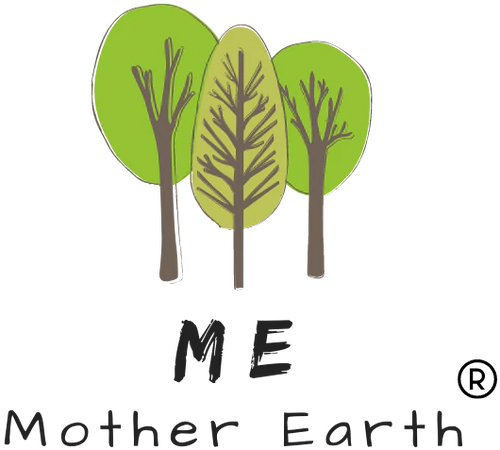Every April 22nd, millions of people around the world come together to celebrate Earth Day—a day dedicated to protecting our planet and raising awareness about environmental issues. But Earth Day is more than just a date on the calendar—it’s a powerful reminder that we all have a role to play in creating a healthier, more sustainable future.
A Brief History of Earth Day
The first Earth Day took place on April 22, 1970, and marked the beginning of the modern environmental movement. It was sparked by growing public concern over air and water pollution, oil spills, pesticide use, and environmental degradation in the 1960s. After witnessing the devastating effects of a major oil spill in Santa Barbara, California, Senator Gaylord Nelson envisioned a nationwide teach-in to raise awareness about environmental issues.
Working with activist Denis Hayes, the event brought together over 20 million Americans—roughly 10% of the U.S. population at the time—in rallies, protests, and educational events across the country. It was a rare moment of unity, drawing support from both political parties, students, farmers, business leaders, and ordinary citizens alike.
The success of that first Earth Day helped pave the way for landmark environmental legislation in the U.S. including:
-
The Clean Air Act
-
The Clean Water Act
-
The Endangered Species Act
-
The creation of the Environmental Protection Agency (EPA)
Since then, Earth Day has grown into the largest secular observance in the world, with over 1 billion people participating every year in over 190 countries.
Why Earth Day Still Matters
More than 50 years later, Earth Day remains just as important—if not more so. While progress has been made, the planet still faces significant threats:
-
Climate change is accelerating, with rising global temperatures, sea level rise, and extreme weather events.
-
Plastic pollution continues to choke oceans and wildlife.
-
Deforestation, loss of biodiversity, and resource depletion are reaching alarming levels.
-
Many communities around the world still lack access to clean air, water, and a healthy environment.
Earth Day is a crucial reminder that we all have a role to play in reversing these trends. It inspires action, education, and accountability. It also serves as a platform for new ideas, movements, and innovation—driving individuals, businesses, and governments to take responsibility and make sustainable choices.
Even small actions—like switching to eco-friendly products, reducing waste, or supporting environmental causes—can ripple outward to create meaningful, long-term impact. Earth Day shows us that when people come together, change is not only possible, it’s powerful.
Simple Ways You Can Make a Difference
|
🌿 Reduce Single-Use Plastics ♻️ Recycle Right 👕 Buy Secondhand |
🧼 Switch to Sustainable Products 🛒 Shop in Bulk + Support Ethical Brands 🌳 Get Involved Locally |
💬 Raise Awareness
Use your voice to educate others—online and offline—about the importance of environmental protection.
Every Day is Earth Day
Earth Day is just the beginning. The actions we take every day—how we shop, what we consume, and how we care for our communities—add up to a massive impact.
Let’s work together to make every day Earth Day because protecting the planet isn’t a one-day job—it’s a lifestyle.

